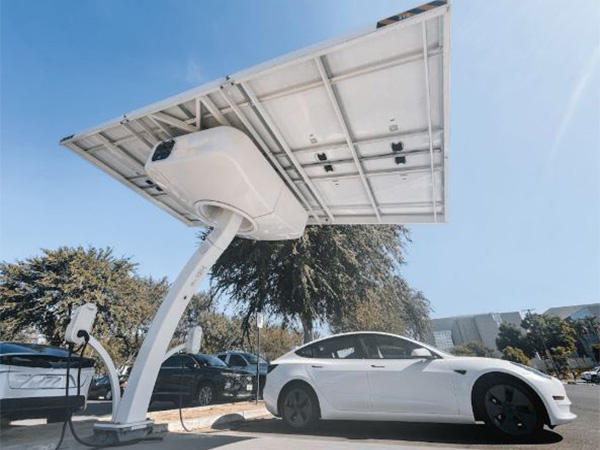South Korea's Industrial Giants Dive into Booming EV Battery Recycling
South Korean companies like LG Energy Solution and SK Ecoplant are intensifying their presence in the EV battery recycling sector amid increasing global demand and regulatory pressures. Despite a current market lull, projections hint at substantial growth by 2030, making it a key part of the battery value chain.

- Country:
- South Korea
South Korea's top industrial leaders are actively expanding their roles in the electric vehicle (EV) battery recycling industry as the market, though sluggish now, is expected to become critical in the future. On June 20, the Korea Herald reported that LG Energy Solution, the country's premier battery maker, has initiated joint ventures in Europe and the United States. They are partnering with France's Derichebourg and Toyota Tsusho Co., respectively.
This development signifies LG's inaugural direct entry into the recycling sector within these pivotal markets. Similarly, SK Ecoplant, part of the SK Group, is broadening its European operations in the Netherlands. In particular, the facility is set to enhance its annual processing capacity by 25,000 metric tons of black mass, with plans to complete the expansion by 2025, as disclosed by a South Korean English-language publication.
In a separate move, Posco-GS Eco Materials, a joint venture established by Posco Holdings and GS Energy, has secured complete ownership of its recycling entity Posco HY Clean Metal after buying China's Huayou Cobalt's 35 percent stake. Such strategic repositioning occurs amidst a downturn in the battery recycling market, precipitated by reduced EV demand and declining prices of battery components like nickel, lithium, and manganese.
Prices of lithium carbonate have dramatically declined from 450 Chinese yuan per kilogram earlier in 2023 to roughly 50 yuan, while nickel's price has dropped from over USD 31,000 per ton to about USD 20,000. Consequently, SungEel HiTech, one of the few battery recycling firms on the Kosdaq index, reports decreasing profits and cash flow for two consecutive years.
A projected recycling venture between SungEel HiTech and SK Innovation, publicized in 2022, is now deferred indefinitely. Additionally, SK Ecoplant's planned expansions in Gyeongju, North Gyeongsang Province, and Kentucky have shown minimal advancement recently. Industry experts in Korea predict a sharp uptick in end-of-life EV batteries, often around a decade post initial use, coinciding with the global sales boom of EVs in the 2010s.
EVs' rising market penetration hints at the battery recycling sector's potential growth, valued at USD 8 billion in 2022, and anticipated to surge to USD 53.57 billion by 2030, according to SNE Research. Analysts emphasize the necessity of engaging in recycling to maintain industry competitiveness, as regulatory demands for recycled materials intensify worldwide.
The European Union mandates by 2031 that EV batteries must include minimum recycled metal percentages: 16 percent cobalt, 85 percent lead, 6 percent lithium, and nickel. These figures will rise by 2036. On the other hand, the U.S. Inflation Reduction Act restricts EV tax credits for batteries sourced from "foreign entities of concern," urging manufacturers to primarily use domestic, recycled materials.
(With inputs from agencies.)










